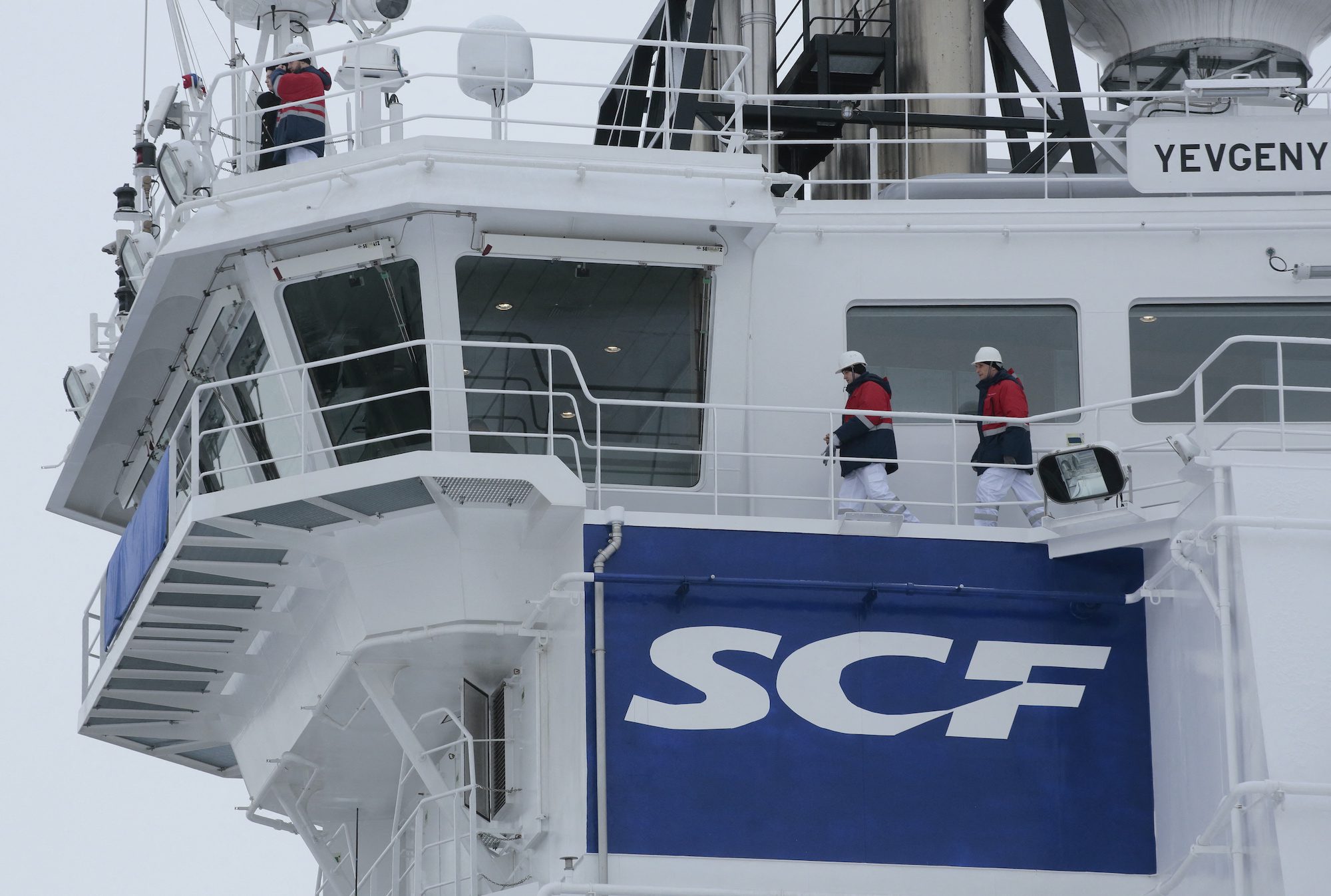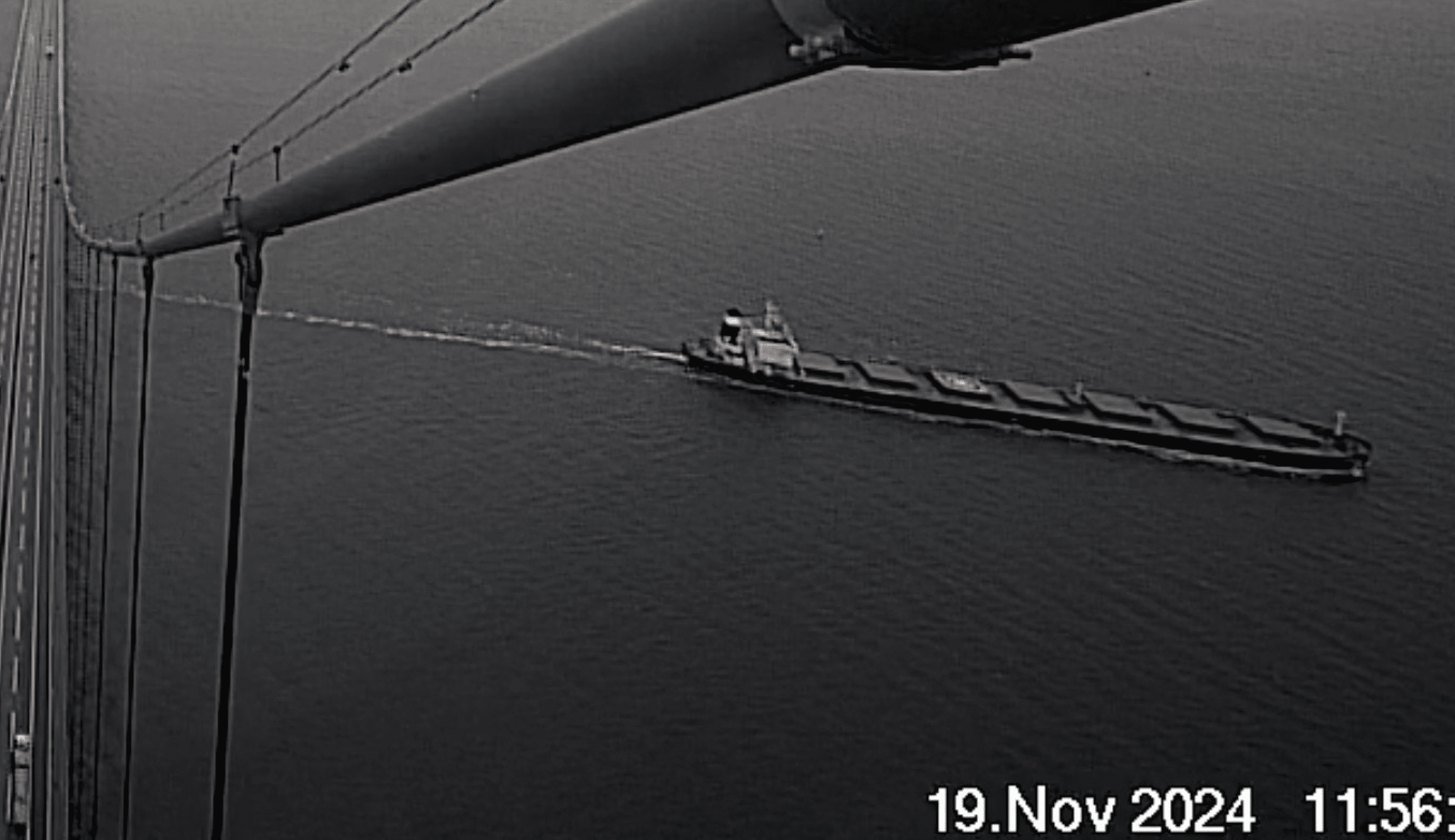The U.S. Department of the Treasury on Friday imposed sanctions on Russia’s largest shipping company, Joint Stock Company Sovcomflot (Sovcomflot), part of an effort to curb Russia’s revenue from oil sales.
The state-owned shipping company and fleet operator were targeted by the Office of Foreign Assets Control (OFAC) as part of an action that also identified 14 crude oil tankers as Sovcomflot’s property.
“The price cap on Russian oil continues to serve its twin goals of limiting Kremlin profits while promoting stable energy markets,” said Deputy Secretary of the Treasury Wally Adeyemo. “Today, we take the next step by targeting Russia’s largest state-owned shipping company and fleet operator, dealing a huge blow to their shadow operations. We are entering the next phase of increasing Russia’s costs in a responsible manner to mitigate risks.”
OFAC also issued a general license allowing the offloading of crude oil or other cargo from these 14 vessels for a period of 45 days. Transactions with all other Sovcomflot-owned vessels are also authorized general license. However, these general licenses do not change any restrictions imposed by the price cap sanctions regime.
Sovcomflot was designated under Executive Order 14024 due to its operations in the Russian Federation’s marine sector and its connection to the Russian Government, either through ownership, control, or indirect action on its behalf. The company has also been sanctioned by Australia, Canada, New Zealand, the United Kingdom, and is under certain EU restrictions.
A new analysis released by the Treasury Department on Friday found that increased sanctions enforcement from the U.S. is causing Russia to sell oil at a steeper discount, further limiting their revenue.
The price cap policy, implemented by a coalition of the G7, the European Union, and Australia in December 2022, aims to limit the Kremlin’s profits from oil exports, a key funding source for its war in Ukraine. The policy imposes restrictions on services related to maritime transport of Russian-origin crude oil and petroleum products, unless the oil is traded at or below the coalition’s specified price caps. As a result of the policy, the Kremlin has been forced to invest in evading measures, including the use of a “shadow fleet” of tankers for its oil exports.
The sanctions against Sovcomflot come as the U.S. announced sweeping sanctions on Friday against Russia over the death of opposition leader Alexei Navalny, coming on the second anniversary of Russia’s invasion of Ukraine.
Editorial Standards · Corrections · About gCaptain

 Join The Club
Join The Club











